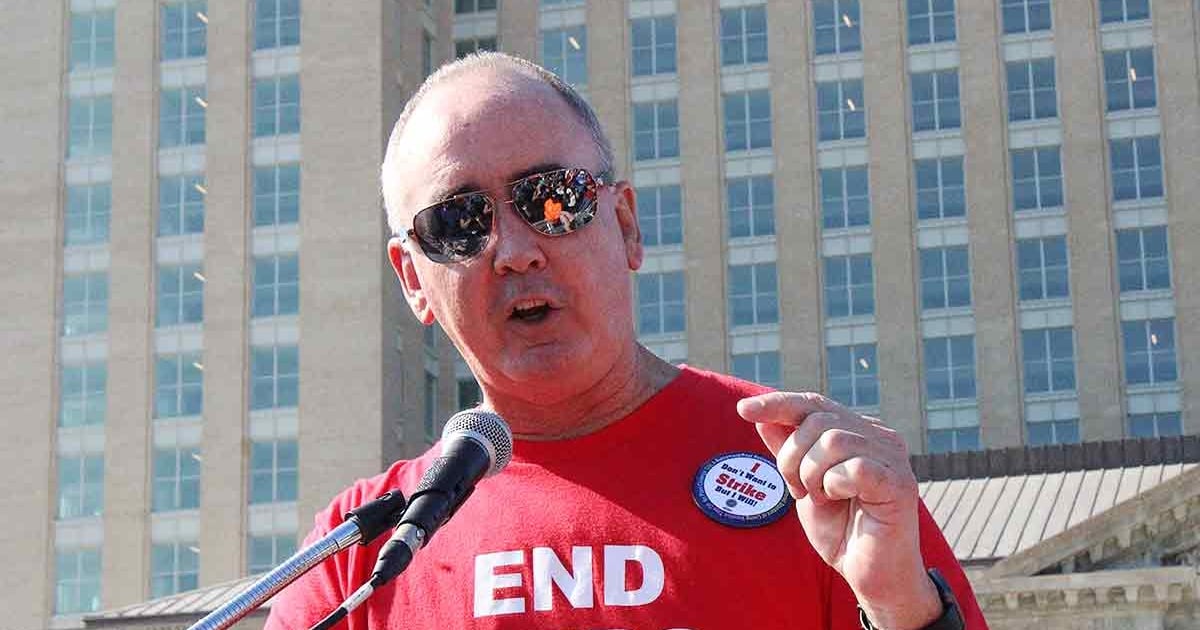
Days before it’s threatening to strike the Detroit 3, the UAW has reduced its demand for pay raises over the next four years to the mid-30 percent range, according to people familiar with the offer.
The union in recent days has made counteroffers to all three automakers that include the new target. It previously had demanded raises totaling more than 40 percent.
Exact details of the proposal were not immediately available, and the situation remains fluid as all three companies pass counterproposals back and forth. One person familiar with the offers said the UAW’s new request was as low as 36 percent.
The union’s original demand, announced Aug. 1, called for a 20 percent raise upon ratification followed by four 5 percent raises each of the four years of the contract. With compounding, that would amount to a 46 percent increase by 2027.
The updated range is notable in that it marks a willingness by the union to compromise on one of its top demands after holding firm for more than a month. UAW President Shawn Fain told reporters at Detroit’s Labor Day parade Sept. 4 that there had been “no change” to what it was seeking.
The UAW’s contracts with the Detroit 3 expire at 11:59 p.m. Thursday. Fain has said the union will strike if there are not new deals by that time.
Over the past week, there have been signs of some progress as the union and automakers traded proposals, although large gaps remain.
Ford Motor Co. has increased some elements of its initial offer, moving to a 16 percent wage gain from 15 percent. It’s also reduced the amount of time new hires would take to receive top wages to five years from six.
General Motors made a counteroffer to the union over the weekend, and Stellantis had said it planned to present a counteroffer Monday morning.
“We are on a good path and remain committed to reaching a tentative agreement without a work stoppage that would negatively impact our employees and our customers,” Tobin Williams, Stellantis’ senior vice president of human resources in North America, wrote in an email to employees Monday. Williams also said subcommittees have reached tentative agreements in “a number of important areas,” including health and safety.
Stellantis’s first offer, made public on Friday, included a 14.5 percent wage gain, which Fain blasted as “deeply inadequate” on a Facebook livestream.
“We are ready to negotiate in Detroit 24/7, just as we have been for the past seven weeks since we gave them our members demands,” Fain said Monday. “Despite receiving no response for over a month, when the CEOs are ready to make a serious offer we’ll be there, day or night. It’s unfortunate the companies have waited until the last moments to get focused on the needs of 150,000 autoworkers, our families and our communities.”